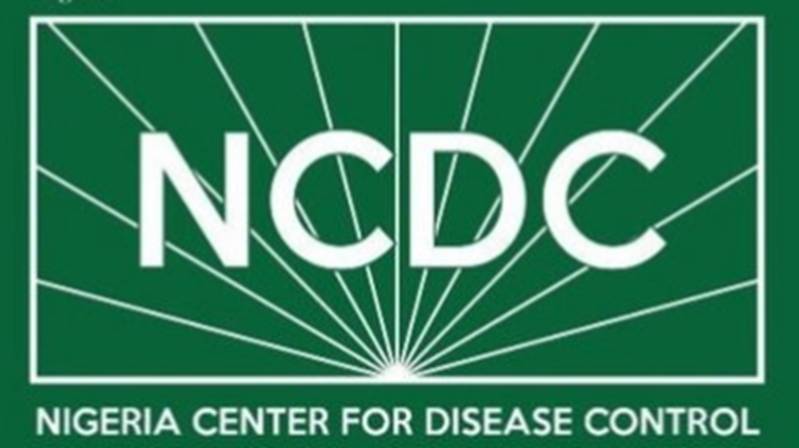The Nigeria Centre for Disease Control and Prevention (NCDC) has introduced a new initiative aimed at translating antimicrobial resistance (AMR) messages into indigenous languages to enhance public understanding across the country.
Antimicrobial resistance occurs when bacteria, viruses, fungi, and parasites evolve to resist antimicrobial drugs, rendering such treatments ineffective.
Dr Tochi Okwor, Head of Disease Prevention at the NCDC and Chair of Nigeria’s AMR Coordinating Committee, announced the initiative during the SayAMR Language Hackathon held in Abuja on Friday.
According to the correspondent, the event was organised in collaboration with the Dr Ameyo Stella Adadevoh Health Trust, the Centre for Infection Control and Patient Safety at the University of Lagos, and the Committee of Vice-Chancellors of Nigerian Universities.
The SayAMR Language Hackathon seeks to develop standard AMR terminology in Hausa, Igbo, Yoruba, and Pidgin English to improve grassroots communication on antimicrobial resistance.
Okwor noted that AMR presented both scientific and linguistic challenges, as many Nigerians lacked familiar words to describe it in their native languages.
“For effective engagement, we must communicate in ways people can understand,” she said, stressing the need to translate AMR concepts into major Nigerian languages before extending to others.
She added that the initiative would help farmers, traders, and other community members understand how AMR spreads and the importance of responsible antibiotic use.
Dr Chavan Laxmikant, World Health Organisation Technical Officer for AMR in Nigeria, described the project as “innovative and timely,” referring to AMR as a “silent pandemic” rooted in local communities.
He highlighted India’s experience with multilingual communication, underscoring the importance of culturally adapted health messaging.
Dr Ayodele Majekodunmi, Project Lead for the World Bank-funded Health Security Programme in West and Central Africa, commended the hackathon for engaging youth and empowering communities with accurate, culturally relevant information.
Mrs Chidinma Ibe, Head of Infection Prevention at the Institute of Human Virology Nigeria, said translating scientific information into local languages would strengthen infection prevention efforts at the community level.
Prof Haruna Andrew, Secretary-General of the Committee of Vice-Chancellors of Nigerian Universities, described Nigeria’s linguistic diversity as a major asset in public health education.
“Language is not just communication; it connects culture, education, and empowerment,” he said, applauding the SayAMR Language Programme as a model for innovation and collaboration between academia and public health institutions.
The initiative aligns with Nigeria’s National Action Plan on AMR and the One Health approach, which integrates human, animal, and environmental health.
Authorities say that by making AMR concepts accessible in local languages, they aim to encourage behavioural change, strengthen public engagement, and curb the spread of antimicrobial resistance nationwide.
(NAN)


